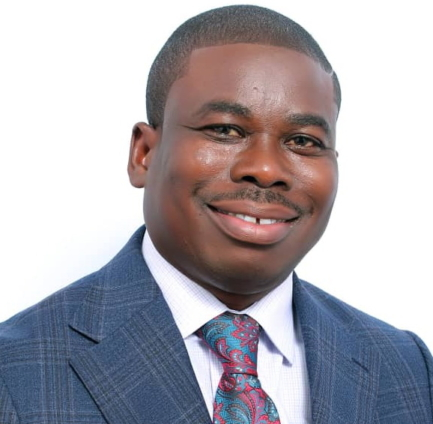Former Director of Operations at the Forestry Commission, Charles Owusu, has called on the Ghanaian government to consider making Twi an official language, arguing that it could serve as a unifying medium across the country.
Mr Owusu noted that while Twi is widely spoken, it is not formally recognised as a national language.
“Across regions such as the Volta, Upper East, Upper West, Central, Greater Accra, Oti, and others, Twi is not their local language, but the truth is, most people understand it,” he said on Okay FM 101.7 on the “Ade Akye Abia” show with host Kwame Nkrumah Tikese on November 24, 2025.
Owusu emphasised that adopting Twi officially could improve education and communication, particularly for children.
“If we teach our kids in Twi and make it our official language, it will go a long way to help us as a nation,” he said.
He added that about 70 percent of Ghanaians understand the Akan language despite the country’s multilingual landscape and urged the government to facilitate open discussions on the topic.
“People have faced restrictions and even abuse for speaking the truth about this, but we must boldly say it: Twi should be recognised as a national language,” he concluded.
Twi is the principal language of the Akan people and the most widely spoken language in Ghana, with about 44 percent of Ghanaians as native speakers and 80 percent speaking it as a first or second language.
Its dialects, Asante, Akuapem, and Fante, were standardised in written form following the establishment of a common Akan orthography in 1978. The Akuapem dialect, used for early Bible translations, became the prestige variety.
Akan languages also influenced the Caribbean and South America during the Atlantic slave trade, notably in Suriname and Jamaica, where descendants of escaped slaves preserve Akan cultural elements, including day-of-week naming practices and Anansi folklore.

